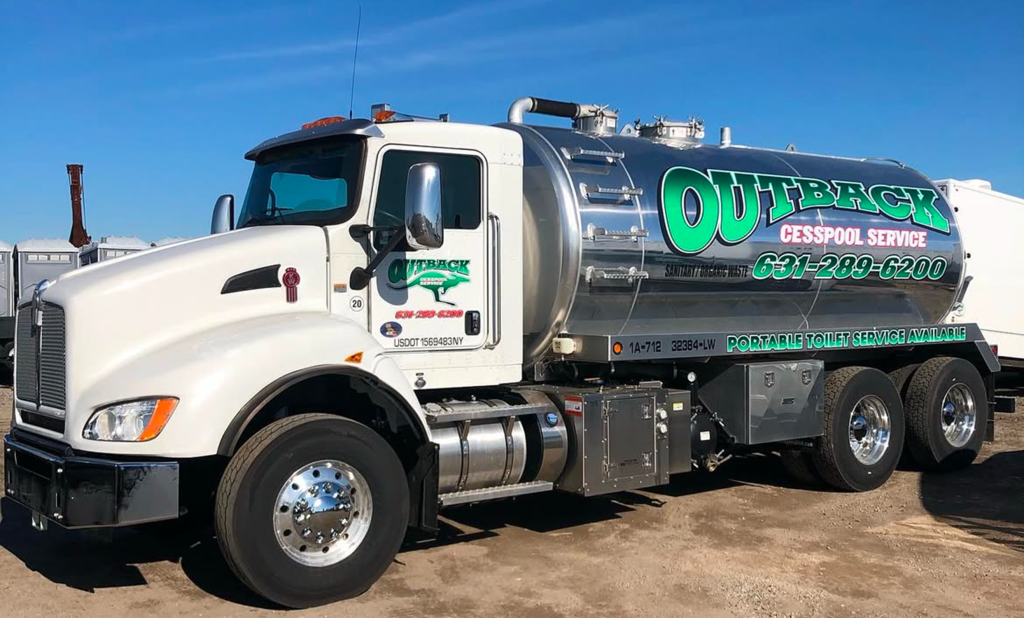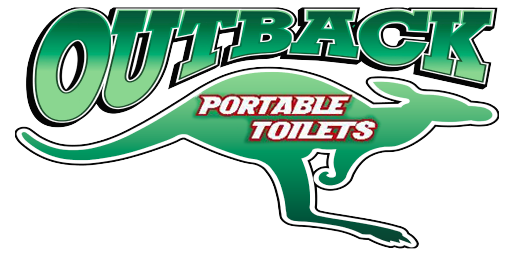Cesspool Division

Outback cesspool service has been serving Long Island for generations.
We are family owned and operated and we pride our selves on exceptional service and a personal friendly relationship with our customers.
Call today to speak with someone in our office 631-289-6200.
The Do’s and Don’ts of Septic Systems
What you put into your septic system greatly affects its ability to do its job. As a general rule of thumb, do not dispose of anything in your septic system that can just as easily be put in the trash. Your system is not designed to be a garbage can and solids build up in the septic tank that will eventually need to be pumped. The more solids that go into the tank, the more frequently the tank will need to be pumped, and the higher the risk that problems will arise.
By educating everyone in your household about what is and what isn’t good for septic systems, you can save a lot of money and headaches, while prolonging the life of your system and the health of your family, property and the environment. Septic systems should be serviced every 3 to 5 years, depending on the amount of people utilizing the system. Here are some Do’s and Don’ts that we recommend to our customers.
DO’S
- Do learn the location of your septic tank and septic system. Keep a sketch of it handy with your maintenance record for service visits. Outback Cesspool service keeps records on all of its customers.
- Do keep your septic tank cover accessible for inspections and pumping. Install risers if necessary.
- Do have your septic system inspected every 3-5 years
- Do keep a detailed record of repairs, pumping, inspections, permits issued, and other maintenance activities. Records can be requested in our office.
- Dispose of solids appropriately. The only things that should be flushed down the toilet are wastewater and toilet paper.
- Do not put cigarette butts, paper towels, sanitary tampons, condoms, disposable diapers, anything plastic or similar non-biodegradables into a septic tank system.
- Avoid washing food scraps, coffee grinds, and other food items down the drain.
- Dispose of grease with the regular garbage.
- Don’t put cooking grease down the drains. It can solidify and clog pipes.
- Use household cleaners such as bleach, disinfectants, and drain and toilet bowl cleaners in moderation and only in accordance with product labels. Overuse of these products can harm your system. See list of alternative cleaners in this guide.
- Fix all leaking faucets and toilets immediately. A toilet that continues to run after flushing could be wasting 20-40 liters per hour – enough water to fill a swimming pool in a year. Leaks can cost you up to $240 per year on your water bill alone.
- Take shorter showers. Shortening your shower time to 5 minutes or less can save up to 40 liters of water each time you shower.
- Spread water loading. Instead of washing four loads of laundry in one day, do one or two loads a day. If you’re expecting a large crowd, reduce water use for a few days before the guests arrive.
- Avoid caustic drain openers and cleaners.
- Use a drain catcher to stop food bits from going down the drain.
DON’TS
- Don’t expand the size of your residence, add a basement suite, or start a business (e.g. daycare) without adjusting the size of your septic system.
- If you’re planning an addition that adds more than 15% to your home’s floor area, increases the number of bedrooms, or increases the number of plumbing fixtures, you may need to enlarge your septic system.
- Don’t make or allow repairs to your septic system without obtaining any required permits. Use professional licensed onsite contractors like Outback Cesspool service when needed.
- Watch for settlement that might direct water onto the septic system.
- Don’t allow vehicles to drive over the septic system area or park on it.
- Don’t plant any trees or shrubs on or near the bed; their roots can clog pipes.
- Don’t drain downspouts, sump pumps, etc. down the septic system.
- Don’t build over the septic system or cover it with a hard surface such as asphalt, brick or patio stones, driveways.
- Don’t excessively water the lawn over the septic system area.
- Don’t access or enter a septic tank.
